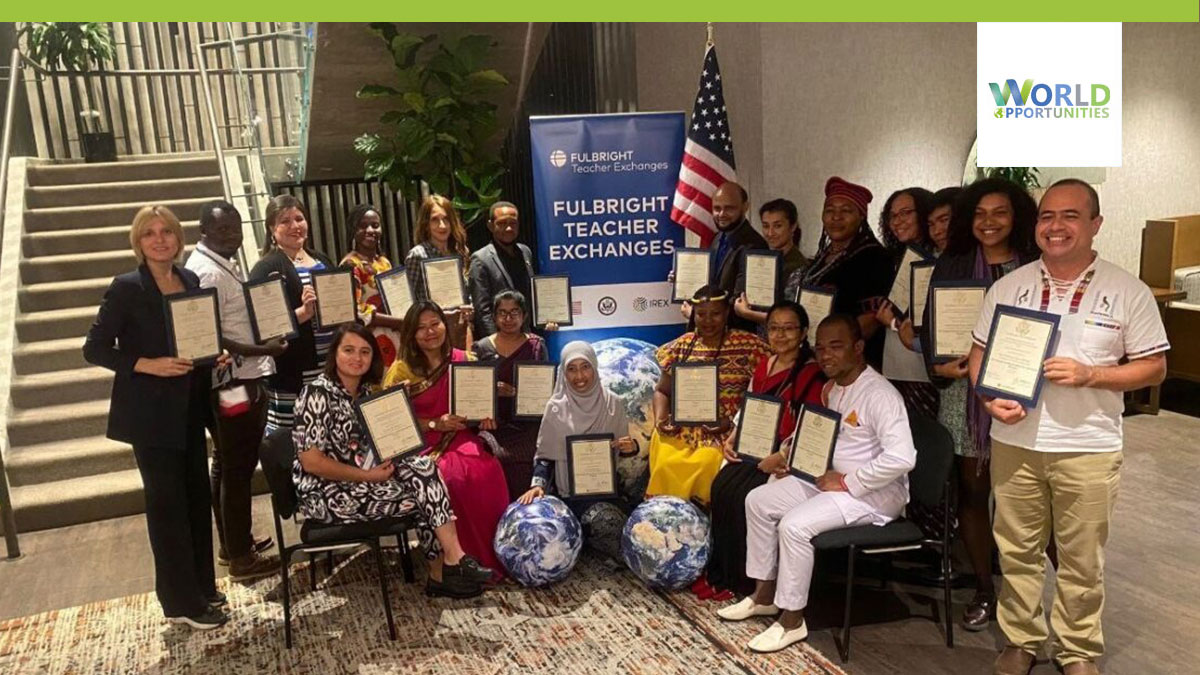Fulbright Scholarships
The Fulbright Scholarships are among the most prestigious and highly competitive scholarships available to students and professionals worldwide. Established in 1946, these scholarships aim to improve cross-cultural relations, cultural diplomacy, and intercultural competence between the United States and other countries through the exchange of persons, knowledge, and skills. With a presence in over 160 countries, the Fulbright Program offers opportunities for students, researchers, and professionals to study, teach, or conduct research in the United States and other participating countries. This article delves into what the Fulbright Scholarships are, how to apply, eligibility criteria, benefits, and the impact they have on recipients and global communities.
Understanding Fulbright Scholarships
The Fulbright Scholarships are funded by the U.S. Congress and managed by the Bureau of Educational and Cultural Affairs of the U.S. Department of State. These scholarships cover various fields of study and support a range of educational and cultural exchange projects. Named after Senator J. William Fulbright, the program’s inspiration was to foster mutual understanding between the people of the United States and other countries.
Types of Fulbright Scholarships
There are several categories within the Fulbright Program, each designed to cater to specific academic and professional needs:
Fulbright U.S. Student Program: Offers research, study, and teaching opportunities in over 140 countries to U.S. recent graduates and graduate students.
Fulbright Foreign Student Program: Enables non-U.S. students to study at U.S. universities or other academic institutions.
Fulbright Specialist Program: Provides U.S. professionals with opportunities for short-term academic collaboration abroad.
Fulbright Teacher Exchange Program: Facilitates direct exchanges of educators between the U.S. and foreign countries.
Application Process and Eligibility
Applying for a Fulbright Scholarship is a rigorous yet rewarding process. Applicants are selected based on their academic merit, leadership potential, and the feasibility of their proposed projects.
How to Apply
Research Opportunities: Before applying, it is crucial to research the specific Fulbright program you are interested in, as each has its own requirements and benefits.
Prepare Your Application: Applications generally require a detailed project proposal, statement of purpose, and letters of recommendation. Non-U.S. citizens should contact their country’s Fulbright Commission or the U.S. Embassy for details.
Submit Your Application: Deadlines vary by program and location, so it is important to stay informed about specific timelines.
Eligibility Criteria
Academic Background: Applicants must have completed a bachelor’s degree or equivalent by the start of the grant.
Language Proficiency: Depending on the host country and project requirements, proficiency in the local language may be necessary.
Citizenship Requirements: U.S. programs are available to U.S. citizens, and international programs are open to non-U.S. citizens.
Benefits of Fulbright Scholarships
The Fulbright Scholarships offer various benefits that extend beyond financial support. Recipients, known as Fulbrighters, gain invaluable experiences and opportunities to develop professionally and personally.
Financial Support: Covers expenses such as tuition, books, travel, and health insurance.
Cultural Exchange: Promotes cultural understanding by engaging with host communities and participating in outreach activities.
Networking Opportunities: Connects with a global network of Fulbright alumni, opening doors for collaboration and career advancement.
Professional Growth: Participants gain international exposure and experience that can enhance their career prospects.
Impact on Recipients and Global Communities
The Fulbright Program has had a profound impact on its recipients and the communities they engage with. It fosters global peace and understanding through the sharing of knowledge and cultural diversity.
Empowering Recipients: Fulbrighters often return to their home countries empowered and inspired to make significant contributions to society.
Building Global Ties: Creates lasting relationships and collaborations between countries, contributing to diplomatic efforts and international partnerships.
In summary, Fulbright Scholarships not only provide educational and professional opportunities but also play a vital role in promoting international understanding and goodwill. For more information on how to apply, you can visit the Fulbright Program website.
Official Link of University
